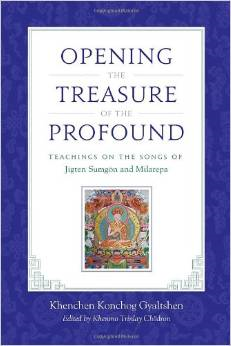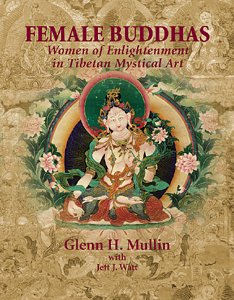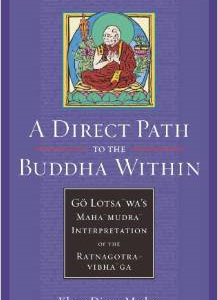Description
In Tibet, vajra songs became popular when Milarepa gave teachings in that style to his disciples. His example influenced all Tibetan Buddhist schools, particularly the Kagyu lineages. People commonly memorized such songs and sang them with beautiful melodies. A vajra song reflects the enlightened mind of its author by encapsulating precisely profound meaning in just a few words. Thus, it can be difficult for the unenlightened to penetrate their meaning. Khenchen Konchog Gyaltshen learned to sing vajra songs at his mother’s knee. Later in life, he learned of their profound meaning from masters of Tibetan Buddhism, which allowed him to finally experience their depth in solitary retreat. Rinpoche brings this tradition into a Western context by translating songs composed by iconic Buddhist figures and explaining them in contemporary terms.






Reviews
There are no reviews yet.